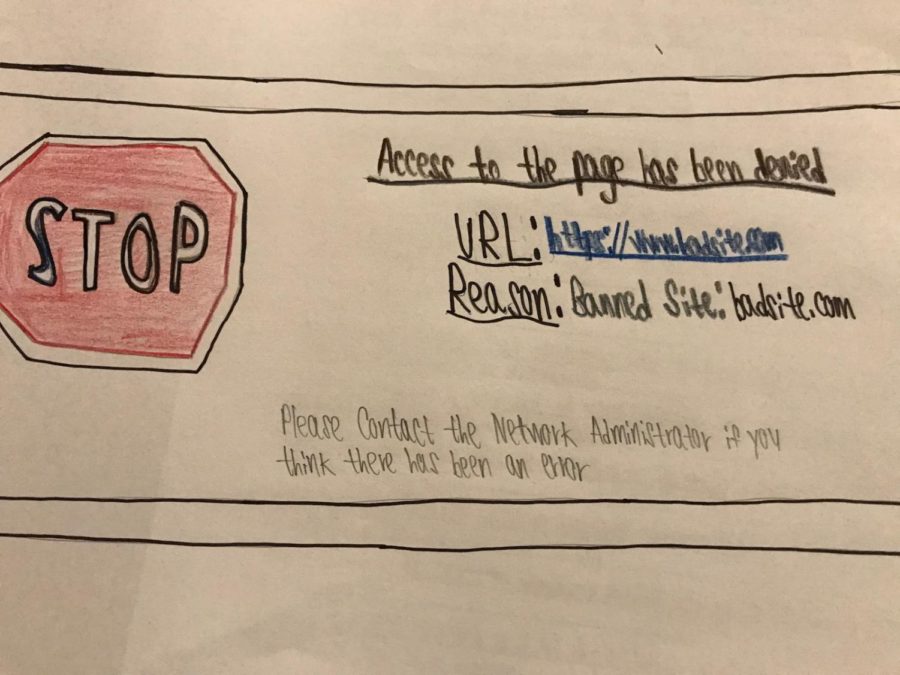Should QHHS Have More Web Filters?
Picture by Pranesh Kumar
February 18, 2019
In high schools across the country, it is not uncommon for administrations to install Internet filters. In fact, according to a survey by the American Association of School Librarians, ninety-eight percent of the nation’s schools filter out the content available to students. Quartz Hill High School is no exception to this, though the number of filters is limited compared to many other schools. There are many advantages that come with QHHS having so few web filters. However, based on the responsibilities of schools and other educational facilities, our high school should have more.
There are many reasons why most students in elementary, middle, and high school are against the implementation of web filters. Students often complain that filters mistakenly block content that students should be able to access. For instance, one area of resentment that students have is how only limited websites can be accessed when doing research on certain important topics. If research needs to be done on a subject related to Planned Parenthood or birth control, most of the relevant websites, including the official site, are blocked by school filters.
Furthermore, popular sites such as YouTube, Buzzfeed, Tetris, Instagram, Wikipedia, etc. are often banned with complaints of censorship. Only limited news sites and some purely educational sites are allowed in certain schools, causing for many students to question the privacy that students (especially high school students) should be granted at schools.
Another common problem with internet filters is how much money it costs to maintain them. The federal government’s E-rate program helps to limit the cost of internet filters by purchasing certain communication service and products for schools that take measures to protect students from harmful online content. However, it still costs a lot of money and takes a lot of effort to implement filters, maintain them, and constantly have to adjust them.
However, the money used to maintain web filters and the unnecessary restrictions are ultimately outweighed by their many advantages. Even at the high school level, filters are important to shielding students from harmful websites, harmful content, and anything that may disrupt an academic environment. For instance, when students are searching thumbnails, innapropriate images often appear. Internet filters are great tools to ensure inappropriate images of males or females do not appear while students are researching a topic.
Another benefit of having internet filters is that they help maintain a level of security and maturity. There are often times when students, without the watchful eye of a teacher, may want to do something unrelated to an assignment. In schools, it is important that students, especially in the classroom, are fully engaged in their work and their studies. Therefore, filters are useful for keeping students on task and safe from the many dangers of the internet. Another thing to keep in mind about school filters is that there is usually a way of bypassing the filter. If there is any website that needs to be accessed and shouldn’t be blocked, the filter can be bypassed through assistance from teachers or administration.
School filters have caused plenty of controversy in the educational world over the past few years. Many students (high schoolers in particular) feel that filters are restrictive and do not have enough benefits to be justified. Quartz Hill High School should have more filters, particularly on websites such as Youtube and certain video games. In a world where the internet is not perfect and has a very dark side, it is necessary to implement filters for the security of students and the advantages it has with enforcing digital citizenship.




